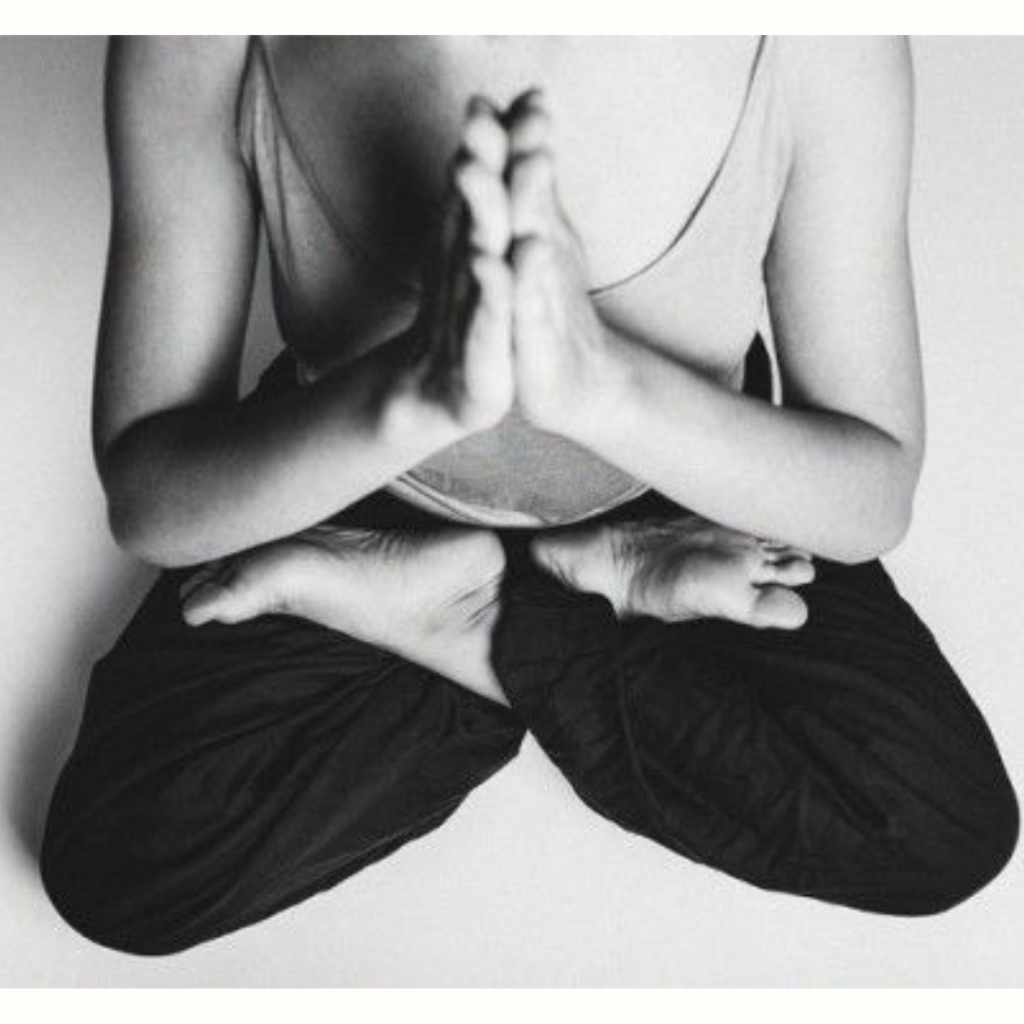Hatha Yoga
Definition and benefits of this practice
Hatha Yoga, one of the most traditional and accessible forms of Yoga today, has its roots in ancient India. The word "Hatha" derives from Sanskrit, combining "ha" (sun) and "tha" (moon), representing the union of opposing and complementary forces, seeking to harmonize the duality present in all of us.

Thus, Hatha Yoga, as a practice, aims to integrate and balance these opposing energies, promoting harmony between body and mind, focusing on the balance between focus, strength and flexibility. Its origins date back to the earliest yogic texts, especially the "Hatha Yoga Pradipika," a classic treatise written by Swami Swatmarama in the 15th century. This text serves as a fundamental guide to understanding Hatha Yoga and its practices. The primary objective of Hatha Yoga is to balance the vital energies known as "Prana" and "Apana", awakening the subtle energies of the body.
The practice of Hatha Yoga combines physical poses, conscious breathing techniques and meditation. Yoga poses, or asanas, are positions that work different muscle groups and organs in the body, promoting balance, strength and flexibility. Conscious breathing or pranayama, helps control the flow of energy and concentration of the mind. Meditation, in turn, helps to calm the mind and focus internal attention.
Furthermore, Hatha Yoga has a deeper, more spiritual meaning. Tradition teaches that the body is a vehicle for the soul and that the practice of yoga is a journey to get closer to the true nature of existence. Hatha Yoga is, therefore, a practice that seeks to integrate the body, mind and spirit, promoting spiritual awakening, balance and harmony.

This practice was developed thousands of years ago as a way to prepare the body and mind for meditation, helping to relieve stress and anxiety, improve physical and emotional health, and bring mental clarity. Since then, Hatha Yoga has been passed down from generation to generation and has evolved over the centuries to become a popular practice around the world.
